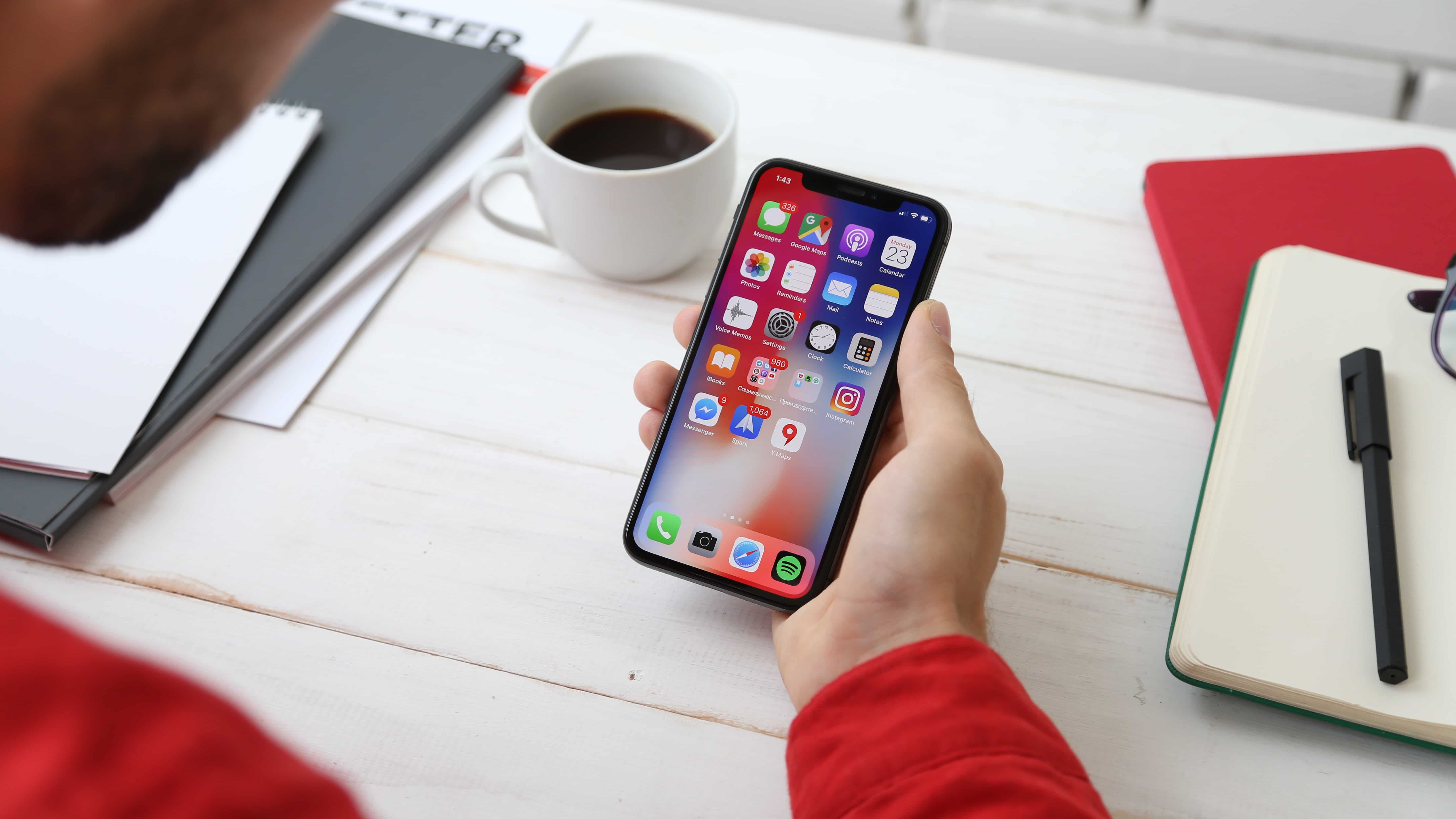Ever wondered how to stop spending money on things you don’t need? Have you ever tried to save money but find that you just spend money instead? Thanks to impulse buying, a lack of budgeting and predatory marketing, it’s easy to find ourselves developing poor spending habits, which leaves us with little to spare at the end of the month.
A bunch of psychologists conducted a field experiment into how our intentions affected our future behaviour, published in The British Journal of Social Psychology. They found that people’s habits are better at predicting future behaviour than their intentions.
When you’ve already acquired a habit, your best intentions mean diddly squat. Habits are easy to form, often difficult to change—but you can form healthier habits.
In this article, we’ll show you how to cut spending habits, with tips from scientists who study human behaviour.
1. Practice your willpower
Exerting any level of self-control drains your willpower. However, Dr Roy Baumeister, a psychologist from Florida State University, who researches willpower and self-control says:
‘Any regular act of self-control will gradually exercise your “muscle” and make you stronger.’
As an exercise, try to refuse yourself one habitual act per day, for one month. If you habitually eat junk food, force yourself to eat something healthy tonight. If you rarely exercise, force yourself to go for a short run. Remember to take it one day at a time.
Over time, this should build your willpower, which you can use to control your spending, too.
2. Replace the bad habit with something good
The similarities between getting high on drugs and getting high on shopping are well-documented—if a little exaggerated. Both activities can elicit a primal response and lead your brain to release dopamine—an addictive, habit-inducing drug.
So, if you habitually overspend, what can you do?
Dr Nora Volkow, director of NIH’s National Institute on Drug Abuse, says:
‘… certain groups… can engage in certain behaviors that are ritualistic… such as marathon running—and it helps them stay away from drugs. These alternative behaviors can counteract the urges to repeat a behavior to take a drug.’
Next time you want to spend money on something frivolous, send it to a savings account instead. Over time, you might find you transform your compulsive spending into compulsive saving.
3. Abstraction
Too often, we get told to set specific goals to save money which can lead to dissatisfaction—especially when we don’t realise those goals. Combat this through abstraction.
In the Health Education Research journal from Oxford Academic, Aarts, H. et al. find that:
‘… when a person nearly always cycles directly after coming home from work (i.e. the more abstract goal of ‘cycling after work’), that goal will eventually become automatically activated within that situation…’
You may find it easier to form a habit when your reason for it remains casual and abstract from the real goal.
Here’s an example of an abstract saving habit, which you could start using today:
Every time you find yourself in a situation in which you would usually overspend, force yourself to halve the number of items you buy.
The abstract goal here would be: ‘When I shop, I buy half of what I pick.’
You don’t have to stop the activity, but you will form a less expensive version of the same habit. You’ll start to see benefits in other areas of your life, too, which should reinforce your new behaviour.
4. Visualise healthy behaviour
Many of our habits form due to our own perception of our personal identity—social media reinforces this, too. If you are ‘the person who always wears something new’, then, no matter how hard you try to stop spending, you may find it difficult. Instead, visualise who you want to be.
Dr Russell Poldrack, a neurobiologist, currently at Stanford University, who studies habit formation says:
‘If you’ll be at a party and want to eat vegetables instead of fattening foods, then mentally visualise yourself doing that.’
So, next time you’re going out with friends, whether that’s for a boozy brunch, or even just to the shops, visualise yourself buying only what you need and then stick to that.
5. Invert short-term gains
One of the reasons we stick with our habits, even when we know they are bad for us, is that they provide genuinely positive short-term gains. Every time you buy a take-out, you remove the need to cook, which gives you more time for work or, you know, Netflix.
Just like the anti-alcohol pill makes alcohol taste horrific to users, you may be able to invert the short-term benefits of overspending.
- Set up a budget, so you can see how much disposable income you actually have. Budgeting can also help you to avoid debt.
- At the end of each month, add up how much you spent on things you didn’t need.
- You’ll probably be shocked by how much money you’ve wasted.
As with tip 4, visualise what you could have done with that money if you had saved it, instead. Over time, the thought of overspending should become less attractive.
6. Create friction in your accounts
Keonyoung Oh, who specialises in neuromarketing—an emerging field that tracks consumer behaviour through neuroscience—says big red sale tags encourage most of us to impulse buy. Instead, we should force ourselves to calm down and think logically.
That’s easier said than done when everyone from Amazon to your bank seems intent on making it easier for you to spend more money, faster. At many companies, entire departments dedicate their lives to psychologically tricking you into clicking Buy Now.
Give yourself the space to think logically, by creating friction in your buying process.
- Delete your auto-fill payment details on shopping sites. No more ‘One Click Buy’.
- Next time you go shopping, pick out the things you like but don’t buy them immediately. Go home. The next day, ask yourself if you still want them and only then, go back to the shop.
- Disable Google or Apple Pay. These services combine several habit-forming technologies to encourage even more compulsive behaviour.
Increasing friction should help you to stop habitually spending money on frivolous items, which leads to buyer’s remorse and an empty bank account.
You can change your spending habits
British spending habits tend to ebb and flow with time, but overspending remains consistent. According to the ONS (Office for National Statistics), the average Briton spends £24.40 per week on clothing. That’s about £1,300 per year. Remember, that’s just an average—some people spend even more.
And, according to Macmillan Cancer Support, the average Briton spends £50,000 on alcohol in their lifetime.
You absolutely can change your spending habits. It doesn’t even have to be difficult. The fact that you chose to read this article means you’ve already taken the first step.
Key takeaways
- Habitual overspending can lead to dire financial consequences.
- You can break or change your habits in various ways.
- Always keep a budget, so you know how much money you’re spending.
- If you make spending harder, you’ll spend less in the long-run.












